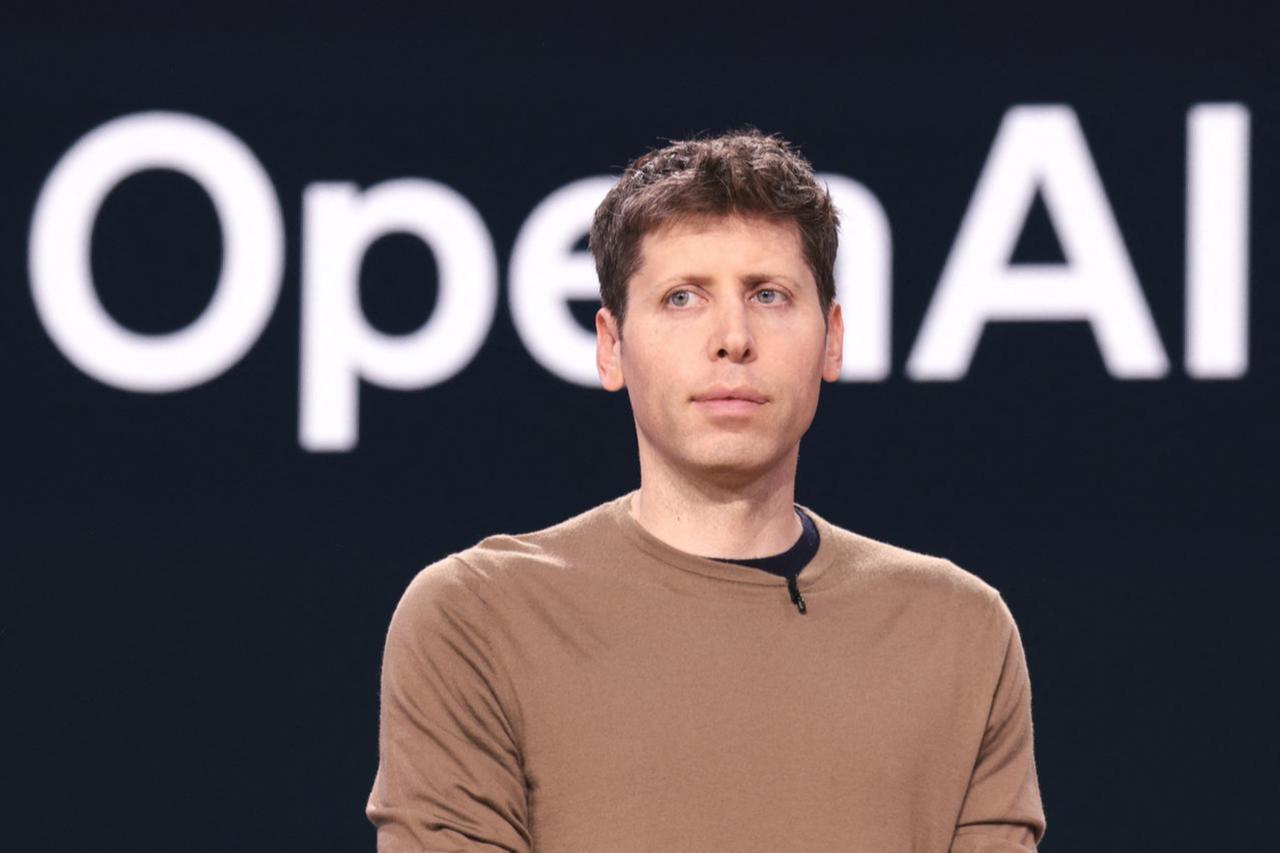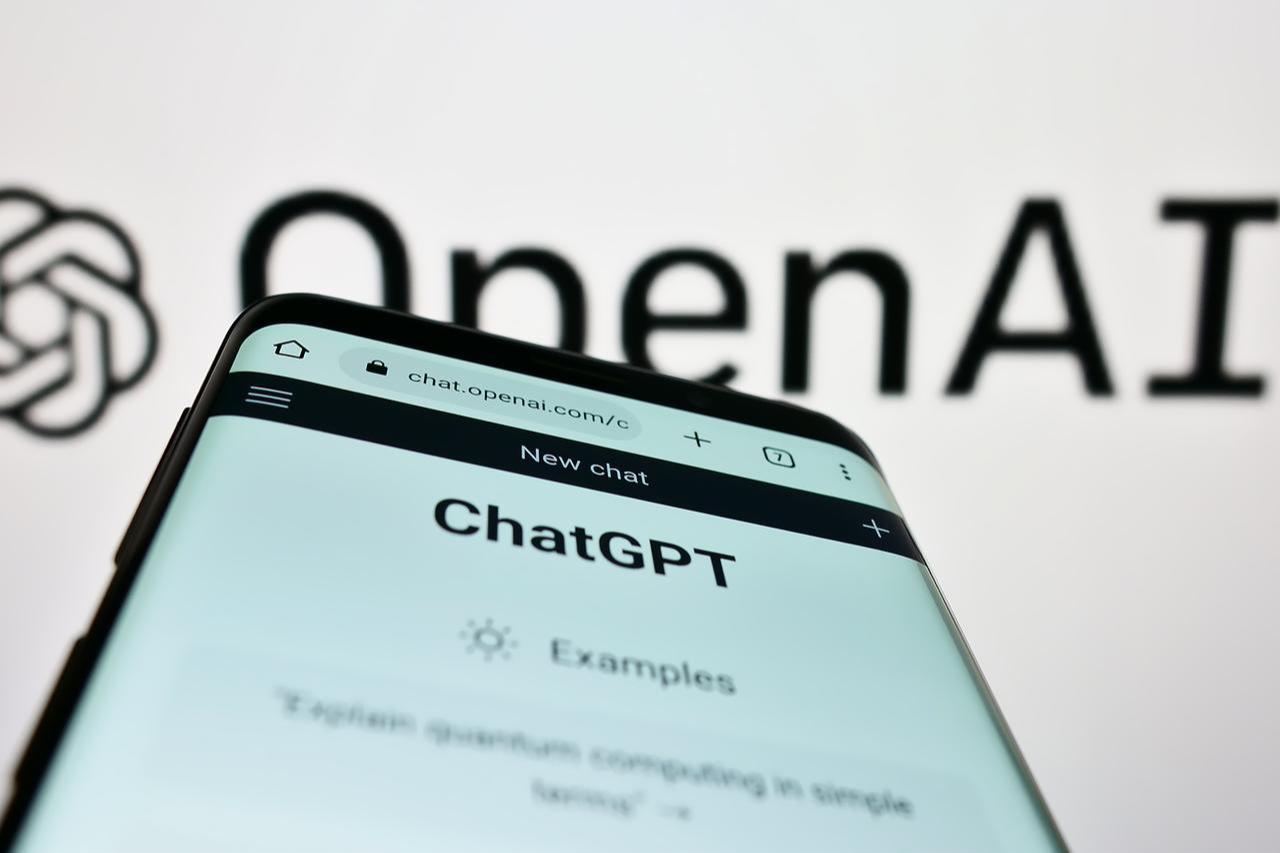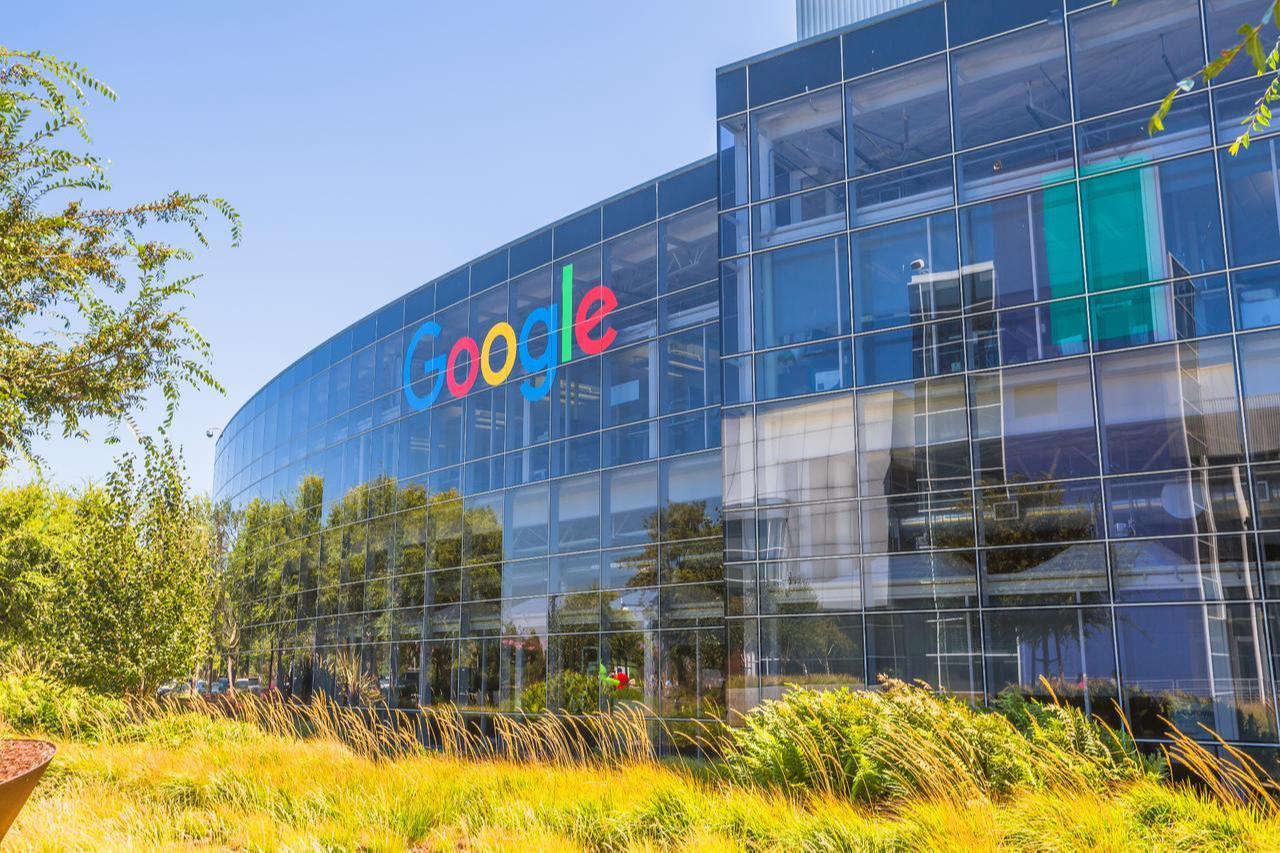
OpenAI unveiled its own web browser Tuesday, marking the ChatGPT maker's most direct challenge yet to Google's longtime stranglehold on how people navigate the internet.
The browser, called Atlas, debuts at a moment when artificial intelligence is fundamentally reshaping online search. With more than 800 million ChatGPT users already turning to AI for answers, OpenAI's move could accelerate a shift away from traditional search engines and threaten the digital advertising model that has sustained both tech giants and online publishers for decades.
Atlas launches Tuesday on Apple's MacOS and will expand to Windows, iOS and Android in coming months, OpenAI said.

"Tabs were great, but we haven't seen a lot of browser innovation since then," CEO Sam Altman said in a video presentation Tuesday, calling the launch a "rare, once-a-decade opportunity to rethink what a browser can be about and how to use one."
Atlas represents a bet that chatbot interfaces will replace the traditional URL bar as the primary way people access information online. A premium "agent mode" feature allows the browser to autonomously navigate websites on a user's behalf, drawing on browsing history and stated goals while narrating its search process.
"It's using the internet for you," Altman said.
The browser's introduction comes as OpenAI grapples with a fundamental business challenge: Despite its massive user base, the San Francisco company offers ChatGPT free to most users and has struggled to turn a profit even with paid subscriptions. Capturing a share of the lucrative search advertising market could provide a crucial new revenue stream.

Atlas faces a daunting challenge against Chrome, Google's browser that claims roughly 3 billion users worldwide. That's a steep hill—Chrome itself seemed an unlikely contender when Google released it in 2008 against Microsoft's then-dominant Internet Explorer. But Chrome's speed advantages and innovative features allowed it to overtake the market, eventually forcing Microsoft to abandon Internet Explorer entirely.
OpenAI's browser ambitions surfaced publicly months ago, when company executives testified they would consider acquiring Chrome if a federal judge ordered Google to sell it as part of an antitrust remedy. U.S. District Judge Amit Mehta ultimately rejected that proposal last month, noting that AI advances were already reshaping competition in the search market.
OpenAI isn't the only AI company eyeing the browser space. Perplexity, a smaller AI startup, launched its Comet browser earlier this year and made an unsolicited $34.5 billion bid for Chrome before Mehta's ruling eliminated that possibility.
The shift toward AI-powered search carries significant implications beyond Silicon Valley's competitive dynamics. Online publishers worry that AI summaries could eliminate the need for users to click through to original sources, potentially devastating websites that rely on traffic-driven advertising revenue.
About 60% of Americans now use AI to find information at least occasionally, rising to 74% among those under 30, according to summer polling by the Associated Press-NORC Center for Public Affairs Research. The technology has become one of AI's most popular applications.
But concerns persist about AI chatbots' tendency to generate false information with confidence—a phenomenon researchers call "hallucination." Google has offered AI-generated answers atop search results since last year, while continuously refining Chrome with features from its Gemini AI technology.
Whether Atlas can replicate Chrome's David-versus-Goliath success remains uncertain. What's clear is that the battle for how people access the internet is entering a new phase, with AI at its center.